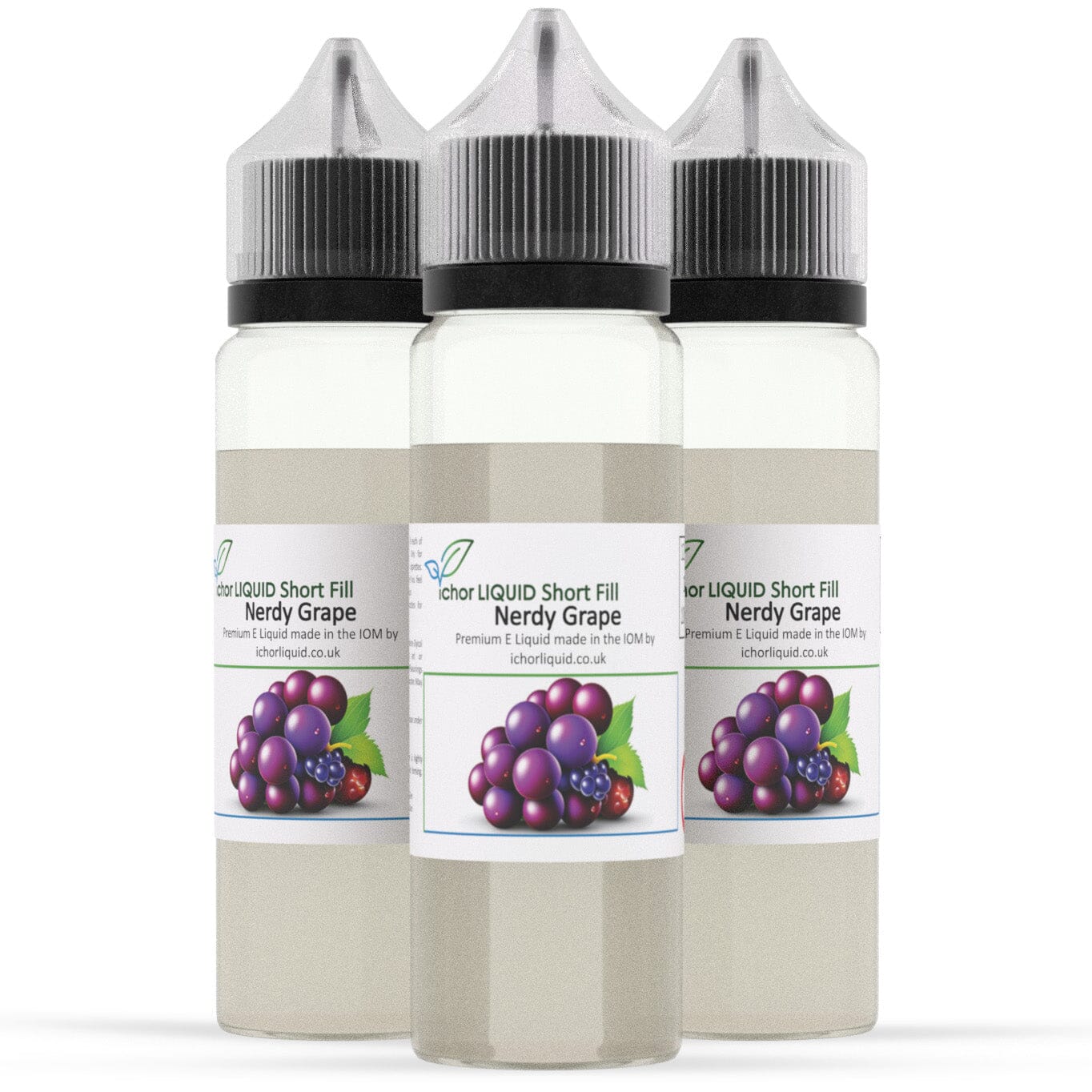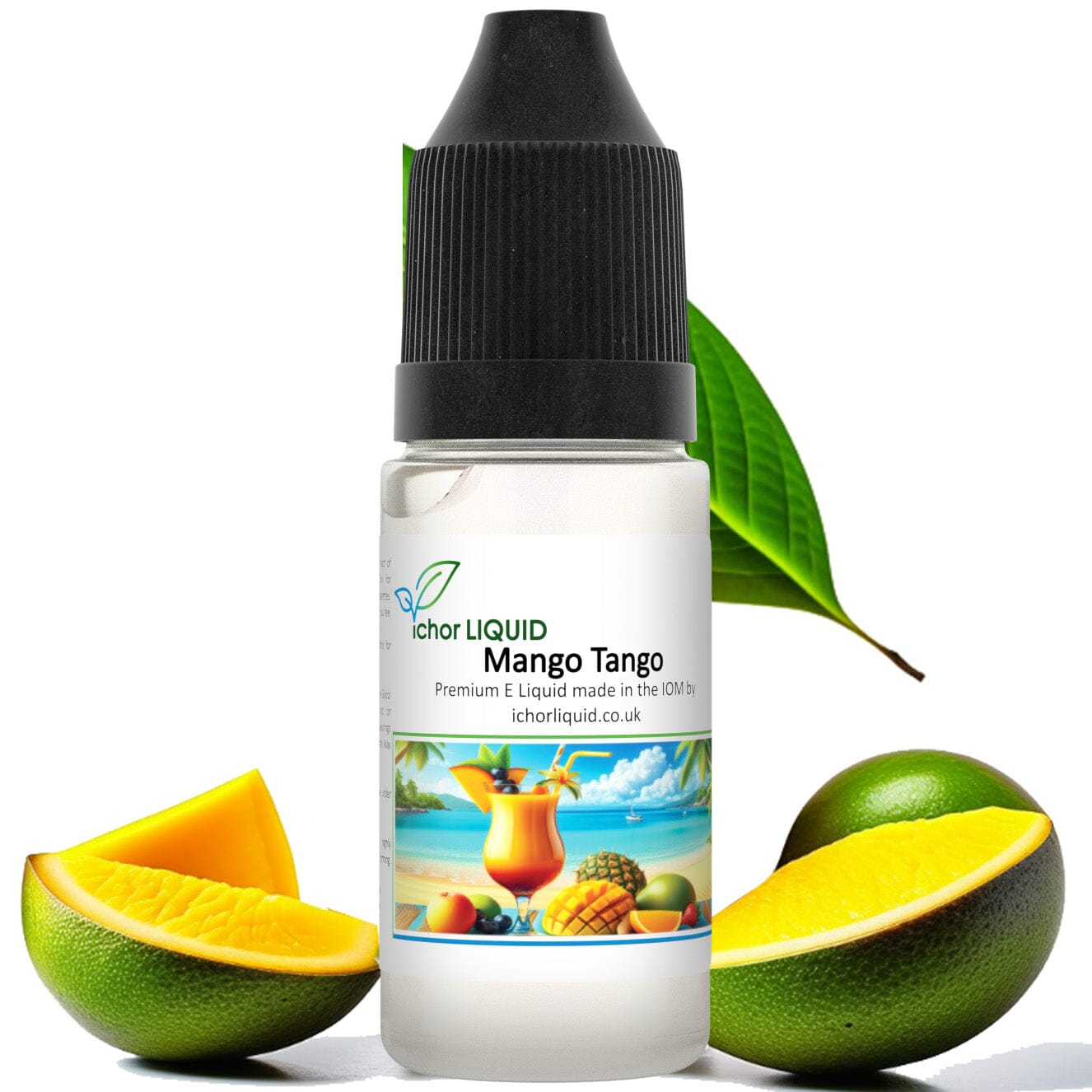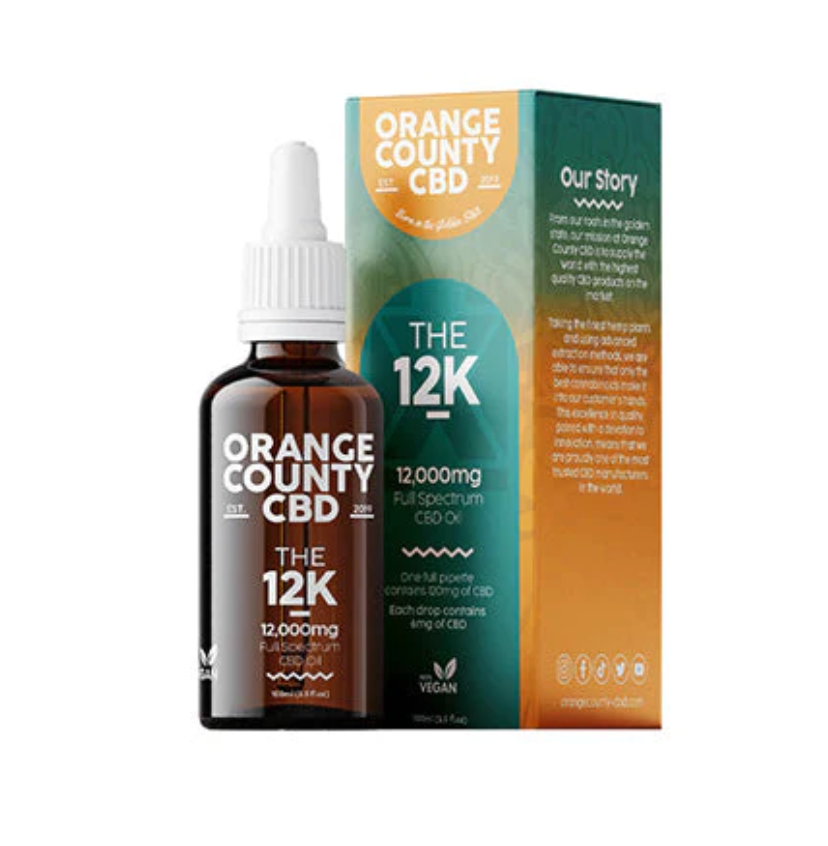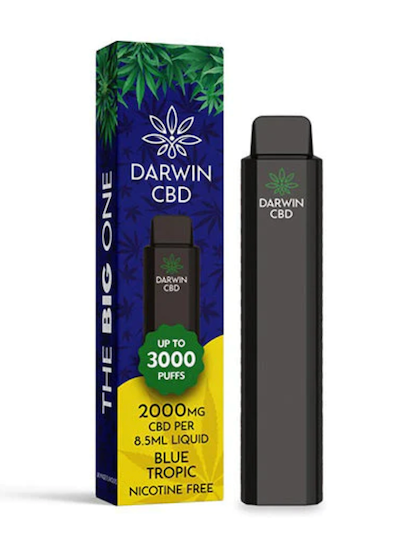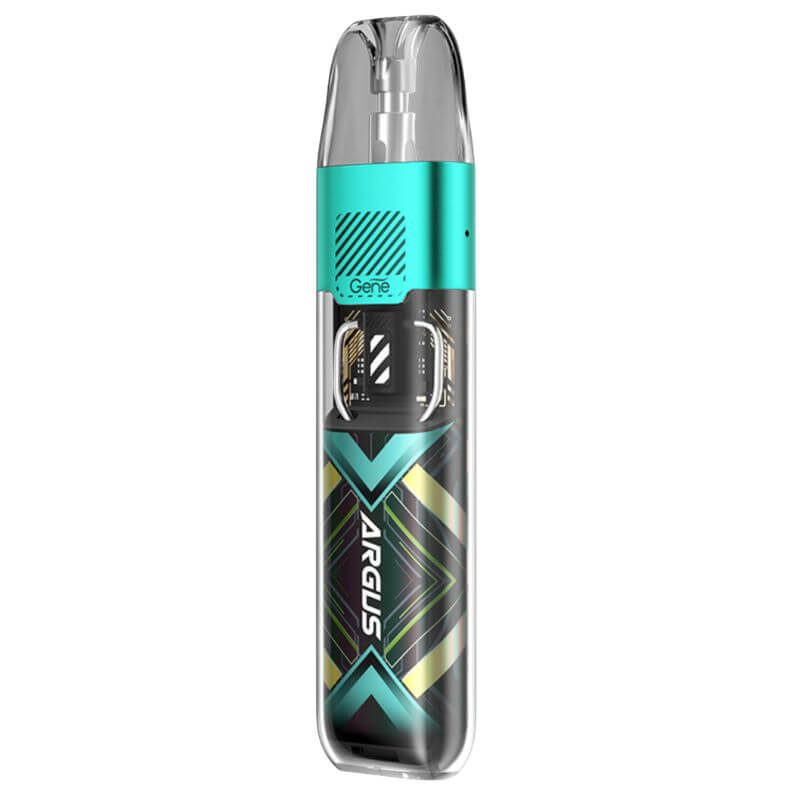CBD and Drug Testing - Navigating the Maze of Detection Timelines
CBD and Drug Testing - Navigating the Maze of Detection Timelines
Oftentimes, individuals utilizing CBD products are unaware of the potential consequences when it comes to drug testing and employment. Understanding the complexities of detecting CBD in drug tests is crucial in order to navigate the legal and professional obstacles that may arise. With various factors impacting the detection timelines of CBD in drug tests, it is imperative to be well-informed in order to make educated decisions regarding wellness and employment.
Understanding CBD and Drug Testing
The use of CBD products has become increasingly popular in recent years, as more and more people are turning to the potential health benefits of this natural compound. However, for individuals who are subject to drug testing, the use of CBD products can be a cause for concern. It is important to understand the relationship between CBD and drug testing in order to navigate the potential risks and implications.
What Is CBD?
With the growing interest in CBD, it is important to have a clear understanding of what exactly this compound is. CBD, or cannabidiol, is a natural compound found in the cannabis plant. Unlike its counterpart, THC, CBD does not produce the psychoactive effects typically associated with cannabis use. Instead, CBD is believed to offer a range of potential health benefits, including relief from pain, anxiety, and inflammation. As a result, CBD has gained attention as a natural remedy for a variety of ailments and conditions.
The Drug Testing Process
What exactly does drug testing entail, and how does CBD fit into the equation? Drug testing is a process that involves analyzing a biological sample, such as urine or hair, to detect the presence of specific drugs or their metabolites. The most commonly screened drugs include marijuana, cocaine, opiates, and amphetamines. When it comes to CBD and drug testing, the potential for a positive result largely depends on the type of CBD product being used and the detection thresholds employed by the testing facility.
Drug testing for CBD can be particularly challenging due to the lack of consistent regulations and quality control within the CBD industry. Additionally, the presence of trace amounts of THC in some CBD products can also lead to a positive drug test result, particularly in individuals who consume large quantities of CBD products on a regular basis.
Detection Timelines for CBD
Some individuals may be concerned about the detection timelines for CBD in drug testing. Understanding these timelines can help individuals navigate the maze of drug testing and make informed decisions about their CBD use.
Factors Affecting CBD Detection
To determine the detection timeline for CBD in drug testing, several factors must be considered. These factors include the dosage and frequency of CBD use, individual metabolism, body composition, and the type of drug test being utilized. Assume that these factors can influence the timeline for CBD detection in drug tests.
Typical Detection Windows for Various Testing Methods
Detection windows for CBD can vary depending on the type of drug test being conducted. For urine tests, CBD may be detectable for approximately 3-30 days. In blood tests, CBD may be detectable for up to 3 days. For hair tests, CBD may be detectable for up to 90 days. Detection windows for CBD can differ based on the testing method being employed.
Affecting factors such as frequency of use and individual metabolism can impact the detection window for CBD in drug tests. It is important to consider these factors when navigating drug testing and CBD use.
Legal Implications and Employment Concerns
Not all employers are on board with the legalization of CBD, and they may have drug testing policies in place that can put employees at risk of facing disciplinary action or termination. The legality of CBD at the federal level versus state level adds another layer of complexity to the issue, as employers may enforce policies based on federal regulations that differ from state laws.
CBD Use and Workplace Drug Policies
The use of CBD products may result in a positive drug test for marijuana, as many CBD products contain trace amounts of THC. This can create challenges for employees who use CBD for medicinal purposes or as a dietary supplement, as they may risk violating their employer’s drug policy and facing consequences as a result.
Navigating Legal Gray Areas
Drug testing guidelines and legal precedents regarding CBD and employment are constantly evolving, leading to confusion and uncertainty for both employers and employees. The lack of clear regulations and standardized testing methods for CBD compounds further complicates the situation, creating legal gray areas that can be difficult to navigate.
Plus, the potential for discrimination and misunderstanding surrounding CBD use in the workplace can contribute to heightened anxiety and tension for employees, as they navigate through the complexities of drug testing and employment policies.
Strategies for CBD Consumers
Best Practices to Minimize Test Positives
An important aspect of using CBD products while being subject to drug testing is to be mindful of the source and quality of the CBD. Ensure that you are using high-quality, reputable CBD products that have been third-party tested to verify their purity and potency. It is also crucial to avoid full-spectrum CBD products, as they may contain trace amounts of THC, which could result in a positive drug test. Additionally, be sure to monitor your dosage and frequency of CBD consumption, as higher doses and more frequent use may increase the likelihood of a positive test result.
Approach to Discussing CBD Use with Employers
Approach to Discussing CBD Use with Employers
Approach your employer with transparency and honesty when discussing your CBD use. Be prepared to educate your employer on the facts of CBD and the potential benefits it provides. Be ready to show them the certificate of analysis for the CBD products you use to demonstrate their THC content. It is also important to emphasize that your CBD use does not impair your ability to perform your job effectively, and assure them of your commitment to workplace safety and compliance with company policies.
This open and informed approach can help alleviate any concerns your employer may have regarding your CBD use, and potentially result in a more supportive and understanding work environment. It is crucial to emphasize the legality and low-risk nature of CBD consumption, and to highlight the steps you have taken to ensure the purity and THC content of the products you use.
Summing up: CBD and Drug Testing - Navigating the Maze of Detection Timelines
It is important for individuals to understand the complex nature of drug testing when using CBD products. While CBD itself is not typically screened for in most drug tests, it is crucial to recognize that some CBD products may contain trace amounts of THC, the psychoactive component of cannabis. As a result, individuals should be aware of the potential risks of testing positive for THC, especially when using full-spectrum CBD products. It is also important to keep in mind the variability in detection timelines for different drug tests, as well as the potential for false positives. Ultimately, thorough research and communication with healthcare professionals are essential for navigating the maze of detection timelines and ensuring that CBD users can make informed decisions about their health and wellness.

